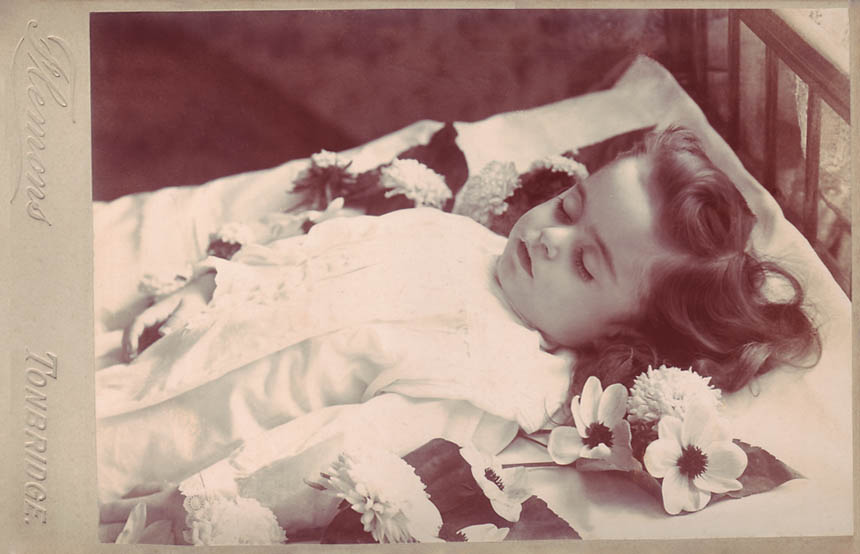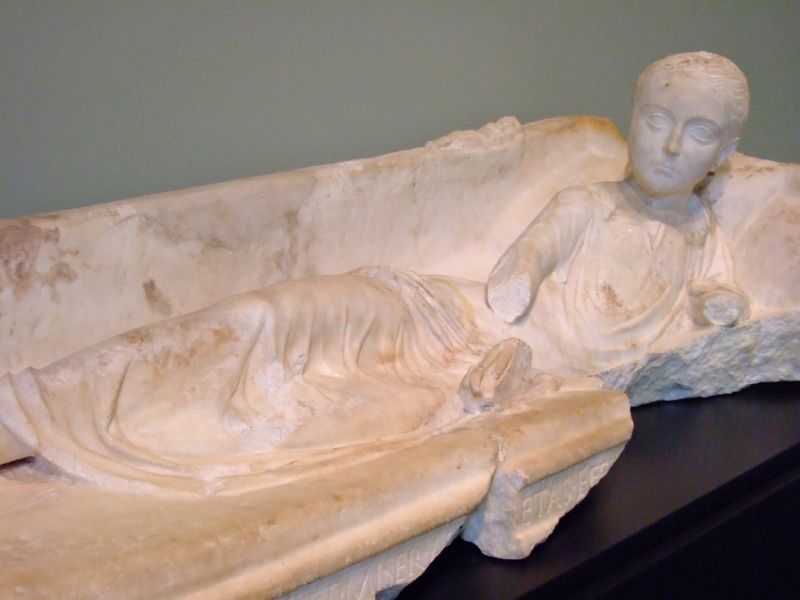
In a previous post, I presented the three epigrams by the Latin poet Martial (Marcus Valerius Martialis) devoted to Erotion, a little slave girl who died six days before her sixth birthday, and whom he loved tenderly.
The Scottish writer Robert Louis Stevenson (1850–1894) is famous for his novels, such as Treasure Island and Strange Case of Dr Jekyll and Mr Hyde, but also for his travel books. He wrote some poetry, part of which was published posthumously. In particular, he adapted the three epigrams by Martial into poems, of which he kept the manuscripts; they were published more than twenty years after his death. CONTINUE READING / CONTINUER LA LECTURE…


